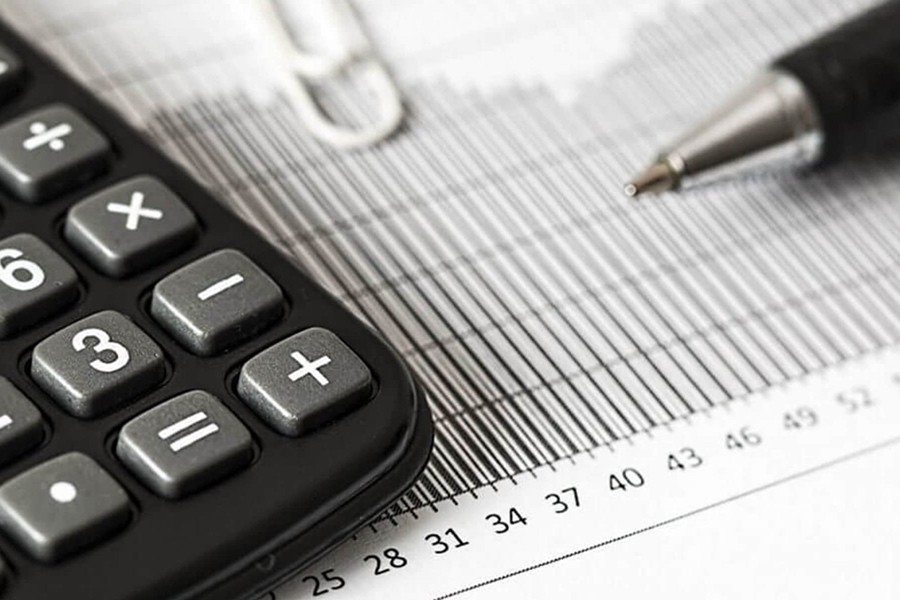The National Board of Revenue (NBR) has decided to fix the minimum customs value of products on the basis of their nature and quality instead of the existing 'country of origin', officials said.
The board took the decision to make the valuation rules consistent with those of the World Trade Organisation (WTO), they said.
Currently, customs officials impose taxes and duties on the basis of prescribed country-wise minimum value or any price higher than it. The customs wing has set the minimum value for some 600 import products.
According to the customs rules, importers will not be able to declare lower prices than the NBR-fixed minimum value. However, they can declare higher prices, if they import at higher rates than the minimum value set by the NBR.
The board has reached a decision that the product-based minimum value would now be determined based on the recommendations from representatives of the public and private sectors, officials said.
To fix the value, the customs wing of the board formed a 14-member committee in a gazette notification.
Representatives from customs valuation, ministries of industries and commerce, Bangladesh Tariff Commission, Bangladesh Investment Development Authority, the Federation of Bangladesh Chambers of Commerce and Industry, and the Metropolitan Chamber of Commerce and Industry, Dhaka, the Foreign Investors' Chamber of Commerce and Industry, the Bangladesh Chamber of Industries will be among the members of the committee.
A senior customs official said the country-specific minimum value may lead to tax evasion as quality and prices of same products vary depending on the source counties.
It has been found that importers are taking the advantage of the country-specific minimum value of import products and conceal the actual prices of the high-valued items to the customs authority to evade duty.
He said the country-specific minimum value is discriminatory, which does not conform to the World Trade Organisation (WTO) rules.
"Through the different country-specific import value, the Customs are discouraging import of products from the countries where the prices are higher," he added.
According to valuation rules, the minimum value of products should be decided on the basis of the quality and nature of products, he said.
The NBR official said the Customs would gradually phase out the minimum value concept after strengthening capacity of the valuation wing.
Customs commissioners should conduct assessment of the quality and quantity of products at the time of valuation, he said.
According to the customs rules, imported products should be assessed on the basis of the NBR-fixed minimum value or at any price higher than it, but not below the minimum value.
The committee will take protection of local industries into consideration while making the recommendations.
It would scrutinise the existing circulars regarding the minimum value, recommend amendment to the existing minimum customs value, if needed.
To recommend the product-wise minimum value, the committee will examine the sample, catalogue and literature of products, study the international and local prices as well as, assess the local manufacturing and selling prices.
Talking to the FE, Dr Zaidi Sattar, chairman of the Dhaka-based think-tank Policy Research Institute of Bangladesh (PRI), said customs assessment should be done on the basis of 'transactions value,' not minimum value.
Following the country-specific minimum value is a deviation from the WTO agreement, he said.
"Minimum customs value is a protective instrument as it is set higher than that of the actual value," he said.
Most of the products assessed based on the minimum value have supplementary duty on those, he added.
The NBR should phase out such a valuation system where "incentive for tax evasion is high", he said.
doulot_akter@yahoo.com


